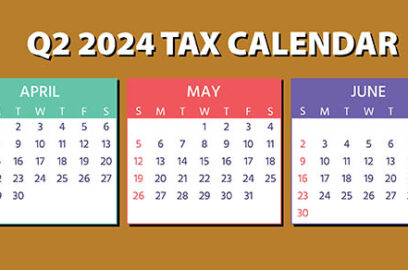News + Insights
Access Our Wealth of Knowledge

Browse BGM’s collective financial knowledge across a wide variety of topics and industry specific insights, as well as the most up to date news on our firm.
Focus

Minnesota Cannabis Market Insights: Legislative Update

Watch out for “income in respect of a decedent” issues when receiving an inheritance

Preparing to Sell Your Business – 5 Years Out

The Strategic Journey of Trulieve Cannabis Corp. and Its Impact on Cannabis Taxation

IRS issues guidance on tax treatment of energy efficiency rebates

The pros and cons of turning your home into a rental

Business Continuity – Making Sure Your Business Continues if You Don’t!

Keep these 3 issues in mind after you file your return

Scrupulous records and legitimate business expenses are the key to less painful IRS audits

The tax deadline is almost here: File for an extension if you’re not ready

Business Continuity: What’s the Back-Up Plan?

2024 Q2 tax calendar: Key deadlines for businesses and employers

Hot Topic Webinar: Q2 Economic Update

Business owners, your financial statements are trying to tell you something

